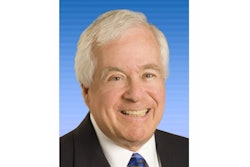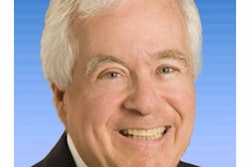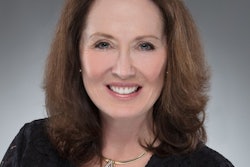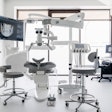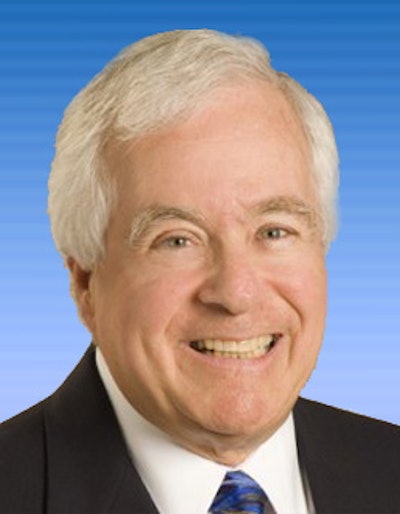
Now that the dental school graduate has worked as an associate and feels that an understanding of the workings of a practice is known, he or she may be ready to acquire a dental practice. The knowledge of clinical skills will be known to the degree they were acquired while working as an associate and from the education received by the associate. A concern, however, may be the administrative side of the practice, especially if the owner was less than open about teaching the associate how to operate the business side of the practice.
This is an important aspect of retaining the profits or minimizing the losses that the office may incur. Hiring an experienced dental certified public accountant (CPA) can go a long way toward assisting with the recordkeeping that is so important to the functioning of the organization. The hiring process for the dental CPA is something that needs to occur before acquiring the practice begins.
Revealing the goals of the dentist and his or her financial background, including their credit standing, is a must for the dental CPA to understand about his or her client before beginning the search for a practice. The dental CPA should be given the opportunity to explain what the selling dentist wants from a business structuring approach and how that will affect the buyer.
There should not be any surprises in the acquisition and how the final accounting appears when the new owner's taxes come due. A look at various scenarios of transition and the effect on the buyer and the seller of the dental practice follows in the ensuing paragraphs.
What does the seller want from a structuring approach, and how will it affect him or her?
The dental CPA will tell his or her client/doctor that the seller almost always wants to receive capital gains treatment upon the transition. This is because capital gains allow a seller to obtain the lowest tax rate upon the sale.
The difference in rates can be almost double for the seller if the income from the sale is reported as ordinary income compared to the capital gains treatment that the seller may insist upon.
An example disregarding state taxes is that capital gains to a seller will probably be a federal tax rate of about 20% compared to the normal income reported from the earnings of the practice, which may be as high as 50% for the owner when double Social Security tax and double Medicare tax are added to the top rate of federal income tax. This is because the owner pays both halves of Social Security and Medicare tax compared to what the associate may have paid as an employee working for another who pays one part of each tax while the employee pays the other half.
Specifically, in 2024, the maximum earnings for Social Security tax will be the highest they have been in its history at $168,600. The employee pays 6.2% and the employer pays 6.2%, but the owner pays 12.4% since he or she is the employee and the owner.
Medicare tax is 1.45% for the employee and it's the same for the owner, so the owner effectively pays 2.9%. When wages exceed $200,000, there is an additional tax. If the top federal tax rate is added to 12.4% plus 2.9%, one can see that the owner's tax rate exceeds 50% compared to the 20% capital gains rate for the seller of the practice who reports the sale as a capital gain.
What does the buyer want as a structure for his or her business approach to the transition?
As the seller wants a capital gains treatment upon his or her transition because of the low tax rate attributed to capital gains tax treatment, the effect on the buyer is quite the opposite of that obtained by the seller. This means that as the seller pays a tax of about 20%, the buyer has the opposite effect in that his or her payment comes from ordinary income and causes an effective tax rate of nearly 50% unless there is substantial planning and steps taken to avoid paying a 50% tax upon the acquisition of the dental practice.
An example reflects how the payment is made to a lender who has financed the acquisition for the new owner: Suppose the sale price was $1 million and the buyer was paying the bank $100,000 per year in amortization. Where does the $100,000 come from for the buyer?
The dental practice receives a certain amount of patient revenue and pays certain bills with its revenue. Dental supplies, lab fees, rent, etc., are all deductible items. The payment on the amortization portion of the loan is not deductible without some planning. That means that to have the $100,000 that is nondeductible, those funds must come from patient revenue and a tax must be paid on those funds without proper planning.
If the prior paragraph is reviewed, one can see that with double Social Security tax and Medicare tax to the owner equaling 12.4% plus 2.9% when added to the federal income tax, the buyer is past a 50% tax rate, not counting state taxes. What does a buyer do to reduce this burden?
The dental CPA
The experienced dental CPA can accommodate the seller and still assist the buyer of a dental practice. The important thing for the buyer is the acquisition of the dental practice, so the dental CPA is someone who understands that objective and can create a plan that will not injure the buyer financially.
This plan can enable the buyer to buy the practice and minimize his or her taxes while still affording the seller the capital gains treatment that he or she will insist on or not when the transition occurs. The buyer should find out whom to retain to assist in reviewing the financial information of the seller and in understanding the best approach to allow the transition to occur.
Bruce Bryen is a certified public accountant with over 45 years of experience. He specializes in providing litigation support services to dentists, with valuation and expert witness testimony in matrimonial and partnership dispute cases. Bryen assists dentists with financial decisions about their practice, practice sales, evaluating whether to join a dental service organization, practice evaluation during divorce proceedings, and questions about the future or financial health of dental practices. He can be reached at [email protected].
The comments and observations expressed herein do not necessarily reflect the opinions of DrBicuspid.com, nor should they be construed as an endorsement or admonishment of any particular idea, vendor, or organization.




